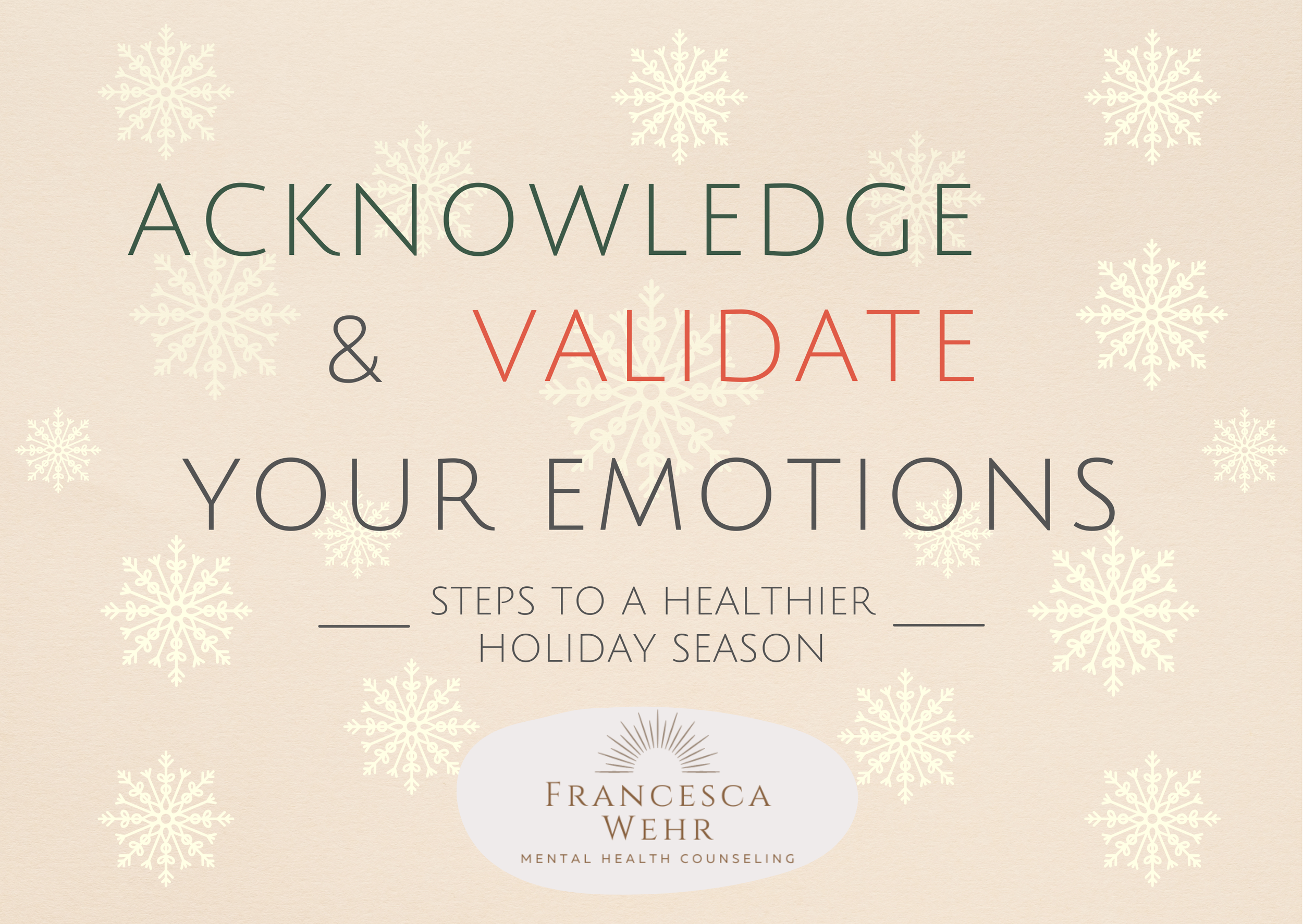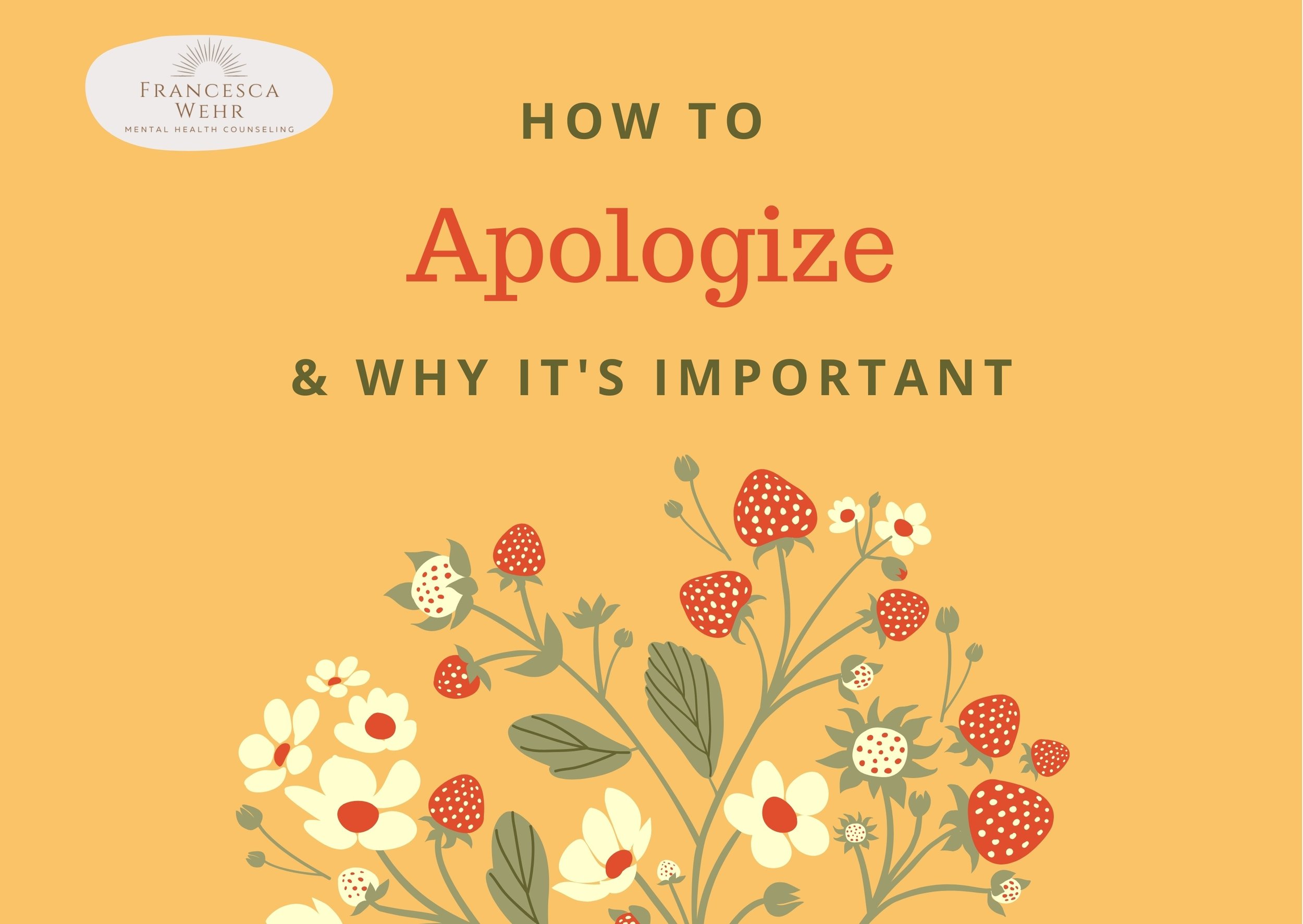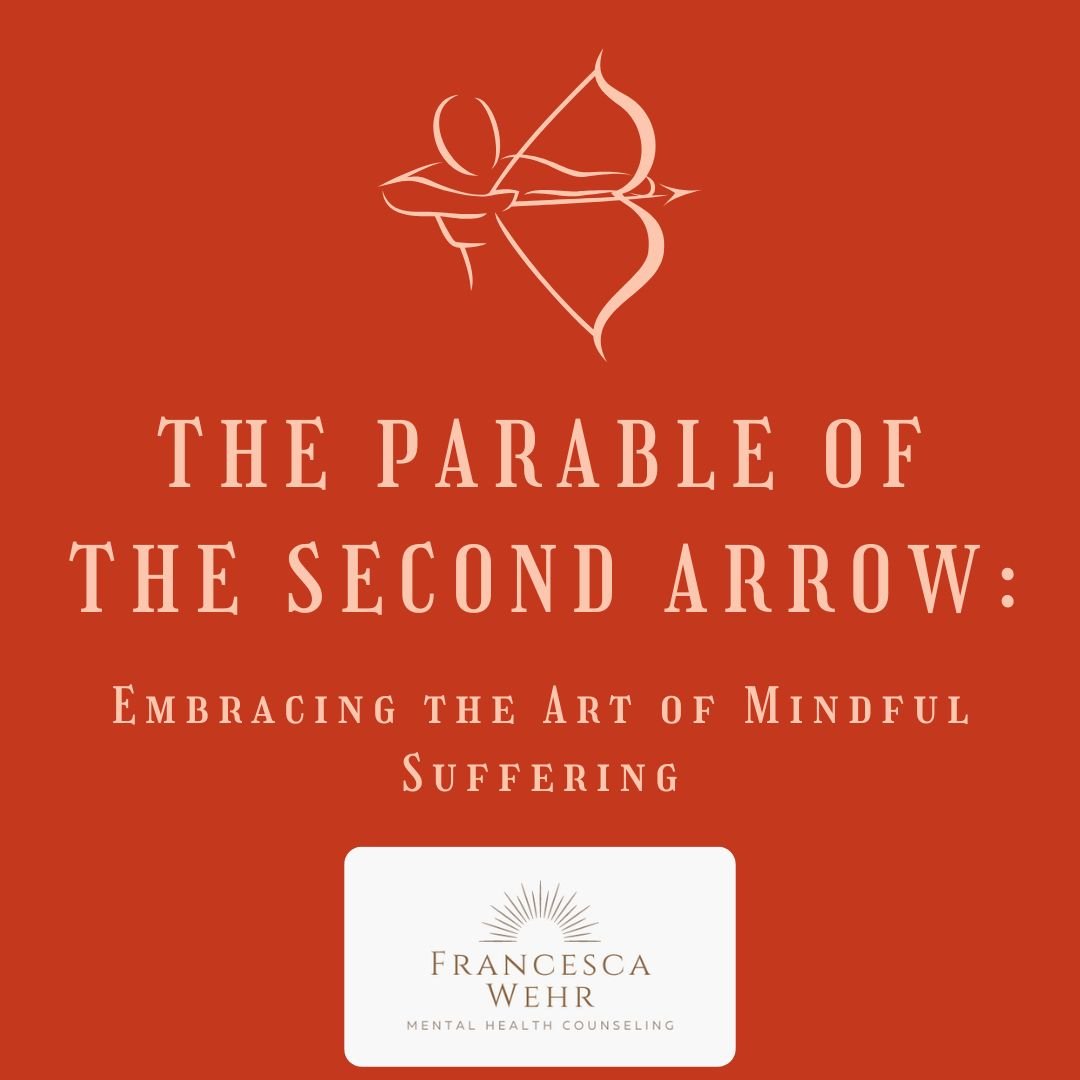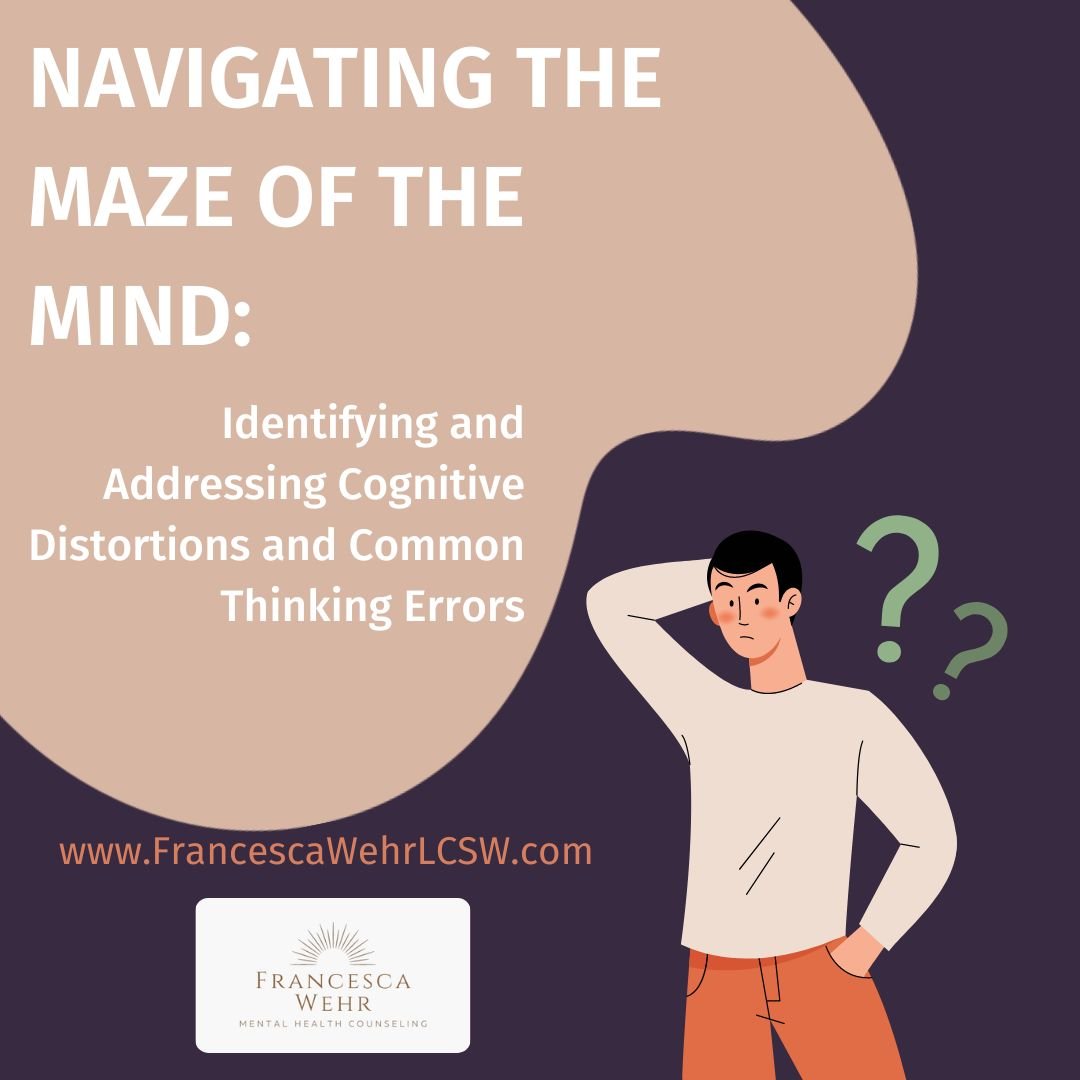
Understanding the Tapestry of Trauma Responses: A Deeper Dive
Trauma isn’t just about what happened—it’s about how your nervous system responded to a rupture in safety, trust, or connection. Many behaviors that seem confusing, frustrating, or even self-sabotaging are actually profound adaptations to distress. From emotional numbing to hypervigilance, people-pleasing to risk-taking, this article explores the nuanced spectrum of trauma responses and offers a compassionate reframing of these patterns. When we understand them as survival strategies—not flaws—we open the door to healing, self-trust, and deeper connection.

Acknowledge & Validate Your Emotions: Steps to a Healthier Holiday Season
The holidays can evoke a wide range of emotions. Instead of pushing them aside, learn how to acknowledge and validate your feelings. This post offers insights on embracing your emotional landscape with self-compassion.

Navigating Family Dynamics & Setting Boundaries During the Holidays: A Guide to a Peaceful Season
Family gatherings can be joyful yet challenging. Learn how to set compassionate boundaries and protect your mental well-being during holiday events. Discover practical strategies to manage family dynamics with grace and ease.

How to Apologize & Why It's Important
Mistakes are a natural part of life, but how we handle them can make all the difference in our relationships and personal growth. Francesca Wehr, LCSW, from Pathways to Wellness, explains the importance of a sincere apology and offers practical tips for making amends. Learn about the psychological impacts of apologizing and forgiving, and discover a guided self-reflection journal prompt to deepen your understanding of these essential skills. Embrace the power of an apology to heal, grow, and strengthen your connections with others.

From Survival to Healing: Trauma, Attachment, and the Path to Emotional Resilience
In our latest addition to our “From Survival to Healing” trauma series, "Understanding Trauma, Attachment and Emotional Resilience," by Francesca Wehr, LCSW, delves into the intricate relationship between our earliest attachments and their lasting impact on our adult lives. Uncover the subtle signs of traumatic attachment and how they manifest in our relationships, often without our conscious awareness. Francesca provides enlightening insights into recognizing these patterns and embarking on a journey toward healing and emotional resilience. Join us on the Pathways to Wellness Blog for expert guidance on transforming traumatic attachments into sources of strength and healthier connections.

From Survival to Healing: Insights into Our Brain and Body's Response
This blog post takes you on a personal journey through the landscape of trauma, focusing on the deep-seated responses our bodies and minds have to traumatic events. It sheds light on the limbic system—the emotional heart of our brain—and how it's hardwired to protect us, often leaving us with trauma that feels ever-present. We explore the idea of 'triggers,' those unexpected moments that suddenly transport us back to our traumatic experiences, and why they can be so powerful.
But this isn't just a scientific exploration; it's an invitation to see your own trauma responses in a new light. We delve into the idea that the ways we've reacted to trauma—perhaps with anxiety, avoidance, or hyper-alertness—aren't signs of weakness but are actually testament to our incredible ability to survive. Through personal reflection, the post encourages you to consider how these responses have served you, offering a compassionate perspective on your journey toward healing.

The Parable of the Second Arrow: Embracing the Art of Mindful Suffering
In our journey towards emotional well-being, it is crucial to acknowledge and understand the nature of suffering. The ancient parable of the second arrow offers a valuable lesson in mindfulness and managing our reactions to pain and suffering. Francesca Wehr, LCSW Mental Health Counseling explores the parable's wisdom and its connection to the art of mindful suffering.

Navigating the Maze of the Mind: Identifying and Addressing Cognitive Distortions and Common Thinking Errors
Cognitive distortions are common thinking errors that can negatively impact mental health, leading to anxiety, depression, and low self-esteem. In this blog, we explore the most common cognitive distortions, such as all-or-nothing thinking and emotional reasoning, and provide actionable strategies to challenge and reframe these thoughts. By recognizing and addressing these distortions, you can develop healthier thought patterns and improve your emotional well-being.




